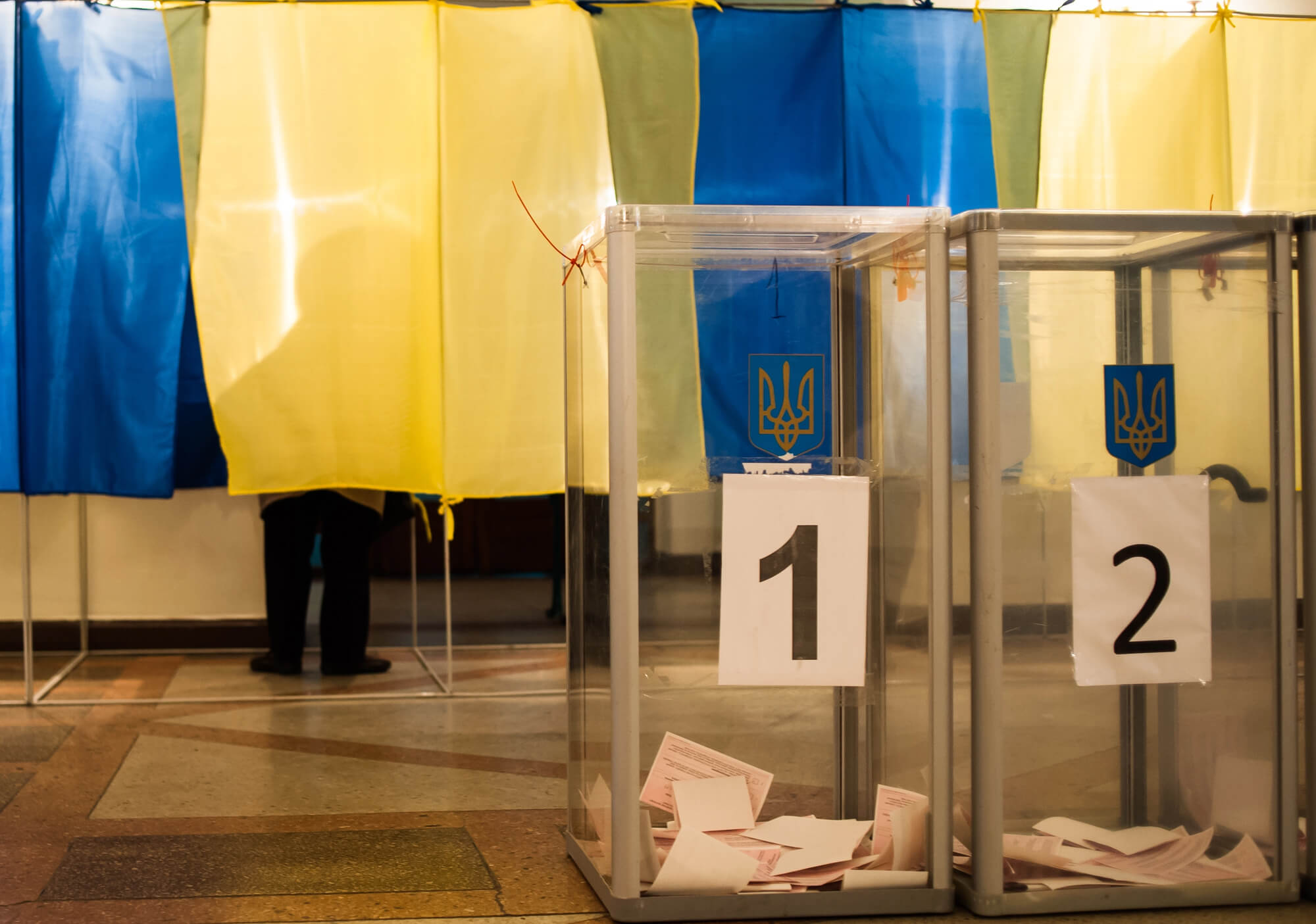Ukraine must carefully define “decentralization” as their goal and rule out “federalization” of the occupied territories. My own advice would be to exclude from the decentralization process any province demanding federalization.
Timofiy Mylovanov, University of Pittsburgh, Roger Myerson, University of Chicago (Nobel prize laureate 2007), and Gerard Roland, University of California Berkeley – all distinguished economists who follow Ukraine closely – make strong arguments for effective decentralization in Ukraine. A standard argument for political decentralization is that it brings political decision making closer to the people affected. The authors make another case for decentralization as a breeding ground for political leaders. In a decentralized system, governors, mayors, and local officials can learn politics on the job, and they are incentivized to compile records of success that qualify them for national leadership roles. This is the way the Chinese system has worked, albeit in a non democratic setting. The case in point is the U.S. system, whose governors and mayors have fueled the national leadership for over two centuries.
The authors are rightly concerned that local leaders may engage in corruption, not record building, and they propose to strengthen anti-corruption laws and anti-corruption policing to restrain such activities. I imagine in a decentralized Ukrainian system, some leaders will opt for corruption. They will run the risk of detection and forego advancement opportunities at the national level. Others will work for the good of the region. I would put more faith in a free press and blogosphere to restrain local corruption than an anti-corruption police force. The EuroMaidan movement is basically Ukraine’s Tea Party. A strong Ukrainian Tea Party movement, ready to take to the streets to protest corruption, would be the best guarantee of effective decentralization. I do not know the extent to which this movement is active today, but it is Ukraine’s best chance for success.
Effective decentralization hinges on who the local officials are. In order to establish credibility, they must be elected. As we know from elections elsewhere, elections are affected by money and by outright and clandestine activities of organized groups. Ukraine must be therefore concerned by the sabotage of elections by Russian money and by Russian special operations. A strong investigative press and a Ukrainian intelligence service that communicates its findings to the people are needed to prevent the stealing of local and regional elections by Russia, a gambit that Russia is sure to follow.
Of course, the most troublesome issue with respect to decentralization is the occupied territories of the Donbas. There is no chance for real elections in these areas. All elected officials would be Russian puppets, demanding “federalization,” namely veto rights over any substantive national policy. Ukraine must carefully define “decentralization” as their goal and rule out “federalization” of the occupied territories. My own advice would be to exclude from the decentralization process any province demanding federalization.
The reform process currently underway at the national level will ultimately determine the success of decentralization. Without successful de-oligarchization, liberalization of energy markets, lustration, and reconstitution of the judiciary, decentralization will not work in practice.
Mylovanov, Myerson, and Roland make a powerful case for decentralization. Let us hope that outside forces with leverage, such as the European Union and International Monetary Fund, make decentralization as part of their conditionality terms. They must also be careful to insure that the resulting decentralization is not one in name only.
Decentralization Week
Polish Experts Criticize Ukraine’s New Decentralization Law (graduate of the National University of Kyiv-Mohyla Academy and of the Autonomus University of Madrid)
Hlib Vyshlinsky: It is Important to Understand What Features of the Decentralization are the Key for Emergence of New Political Leaders (Hlib Vyshlinsky, Executive Director, Centre for Economic Strategy)
Decentralization vs. Anti-Centralization (Oleh Zahnitko, Gide Loyrette Nouel)
Sergei Guriev: Decentralisation will Not Work As Long As Large Companies Remain in Government Ownership (Sergei Guriev, Professor of Economics, Sciences Po, Paris)
Struggle For The Constitution Is Going On (Appeal of Vice Speaker Oksana Syroid about the proposed amendments to the Constitution of Ukraine)
Viktoria Sumar: Terms Require Greater Concentration of Power in President’s Hands(Viktoria Sumar, MP of Verkhovna Rada (8th convocation), fraction of political party “People’s Front”)
Yuriy Hanushchak: Naively to Expect a Breakneck (Rapid) Disappearance of Local Oligarchs Due to the Efforts of Law-Enforcement Agencies (Yuriy Hanushchak, a Director of the Institute of Territorial Development and expert in issues of decentralization of power)
Georgy Egorov: the Central Government Should Have the Authority to Intervene with Force (Georgy Egorov, Kellogg School of Management, Northwestern University, USA)
Opinion on the Draft Law Amending the Constitution of Ukraine Submitted by Oksana Syroyid (Oksana Syroyid, deputy speaker of the Verkhovna Rada of Ukraine, member of the constitutional commission)
Paul Gregory: Ukraine Must be Concerned by the Sabotage of Elections by Russian Money and by Russian Special Operations (Paul Cregory, Hoover Institution, Stanford and University of Houston)
Andrei Kirilenko: There is a 500-Year-Old History of Formal Self-Governance in Ukraine (Andrei Kirilenko, MIT Sloan)
Smart Decentralization: a Bottom-up Path Toward Functioning Institutions and Economic Prosperity (Mark Bernard, Assistant Professor of Economics, Goethe University Frankfurt, Germany)
Attention
The author doesn`t work for, consult to, own shares in or receive funding from any company or organization that would benefit from this article, and have no relevant affiliations



